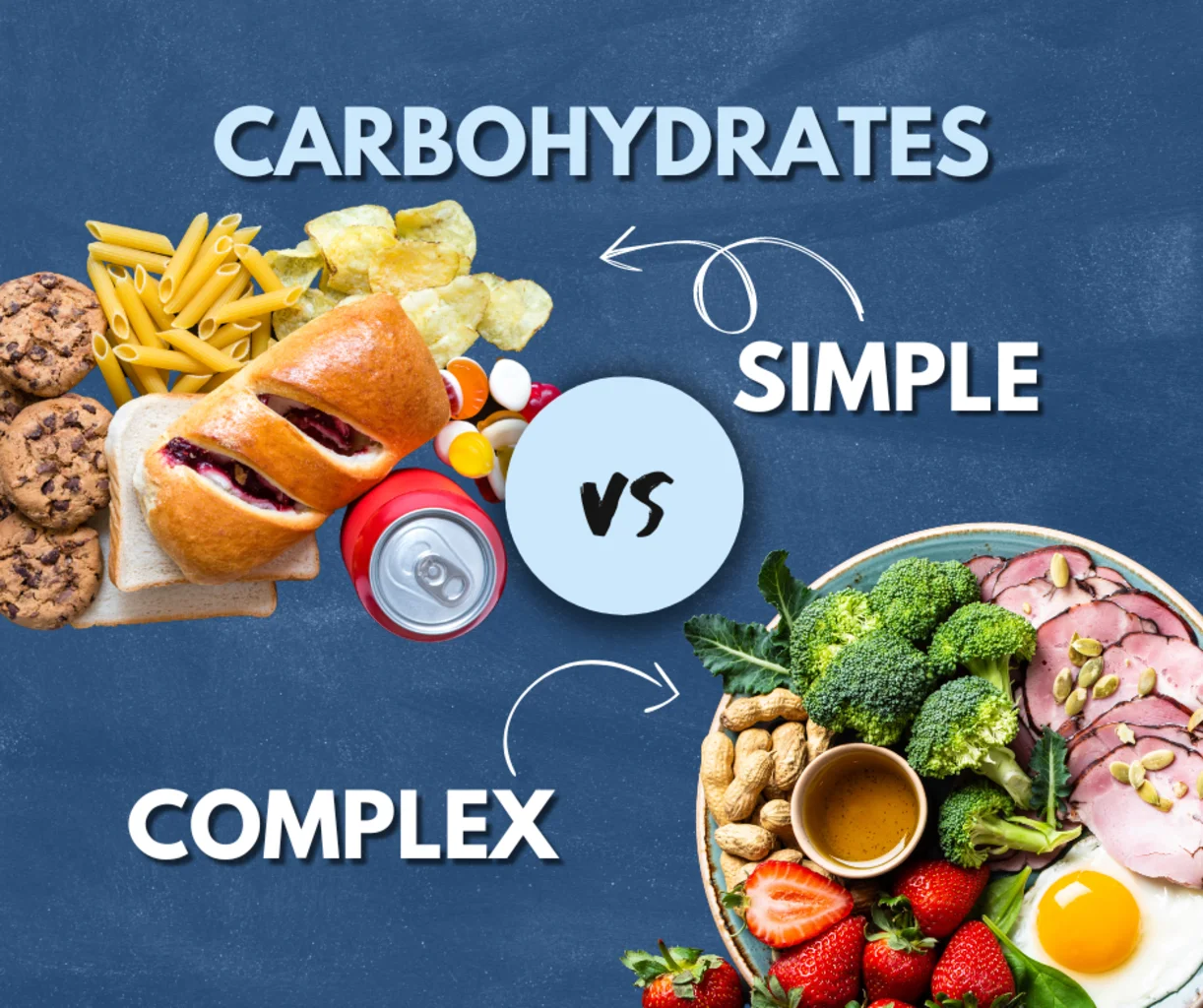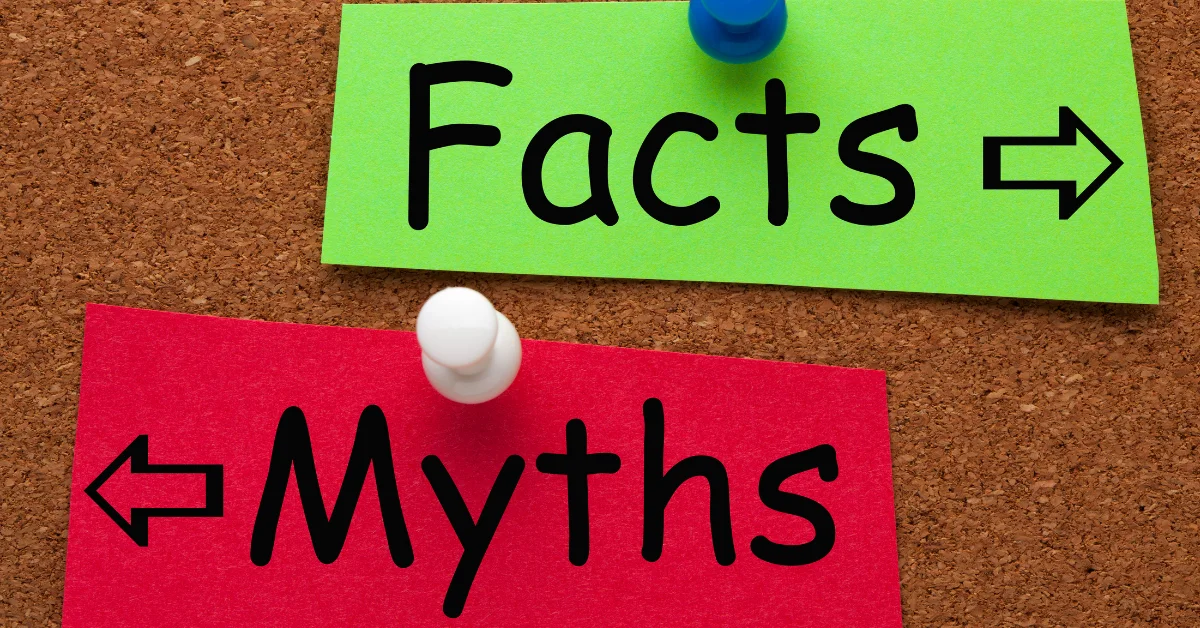Mental Health has become increasingly more acceptable to talk openly about, and this is a big step in the right direction towards normalizing this condition. For far too long there has been a stigma around mental health, and with the creation of Mental Health Awareness month during the May we are addressing our emotional, psychological and social well-being. It also is great to see people with large audiences, such as celebrities and people of influence speaking out about their struggles.
Did you know that Mental Health affects how we think, feel, and act as we cope with life? It can change during different stages of your life, and it affects both younger and older people. There is a misconception that only the young struggle with mental health disorders, however according to the National Library of Medicine “many adults are at risk for mental health problems”. Life changes including loss of a loved one, retirement, or coping with a serious illness can all put the older population at a risk for mental health disorders.
It’s important to watch for signs and prioritize treatment in all age groups. Below are some warning signs:
- Changes in mood or energy level
- A change in your eating or sleeping habits
- Withdrawing from the people and activities you enjoy
- Feeling unusually confused, forgetful, angry, upset, worried, or scared
- Feeling numb or like nothing matters
- Having unexplained aches and pains
- Feeling sadness or hopelessness
- Smoking, drinking, or using drugs more than usual
- Anger, irritability, or aggressiveness
- Having thoughts and memories that you can’t get out of your head
- Hearing voices or believing things that are not true
- Thinking of harming yourself or others
Therapy or treatment is just a call away, if you know someone struggling please let them know help is available.
Reference: U.S. National Library of Medicine: Older Adult Mental Health
Linda Dumas
Pharmacist and Consultant









